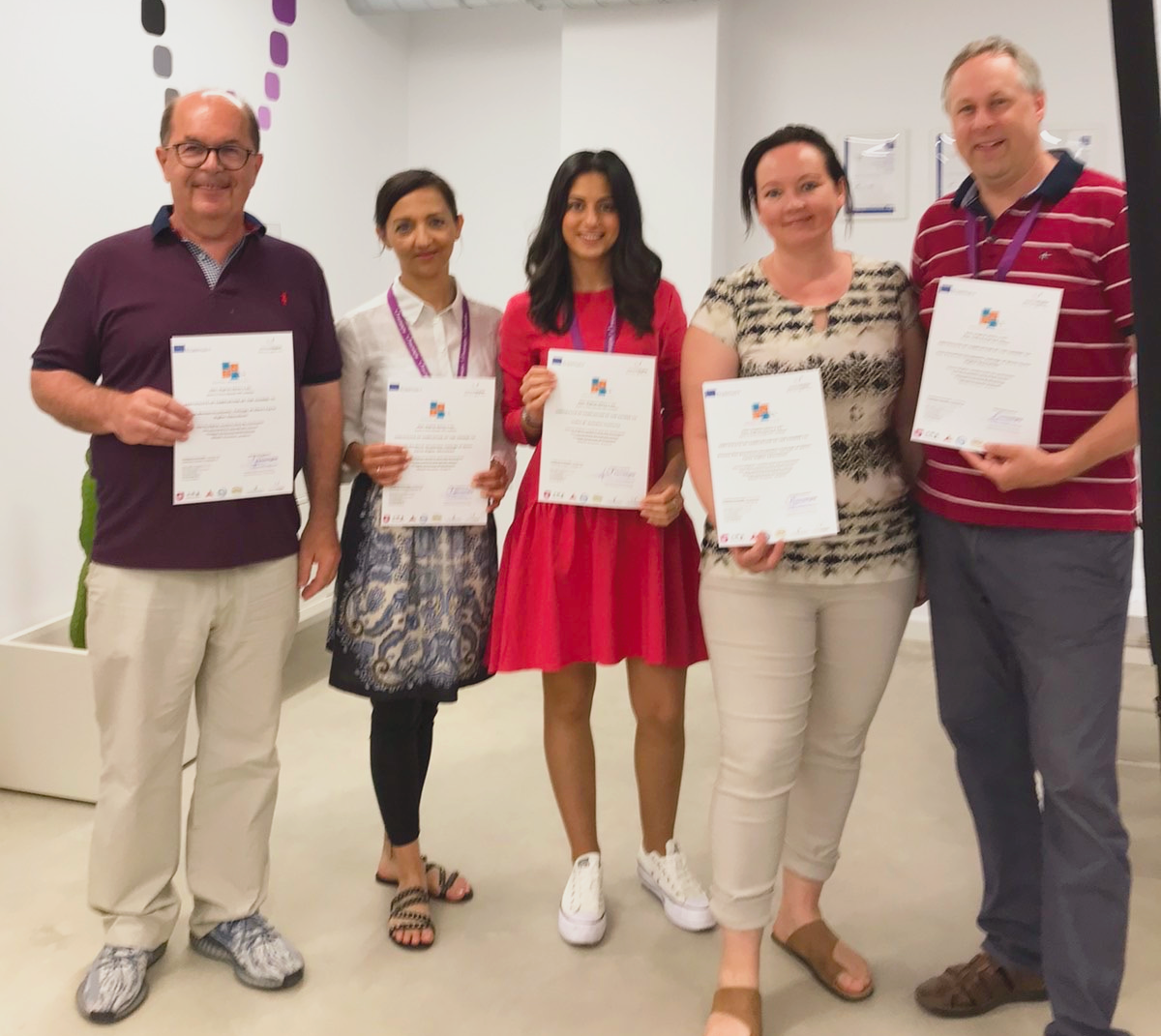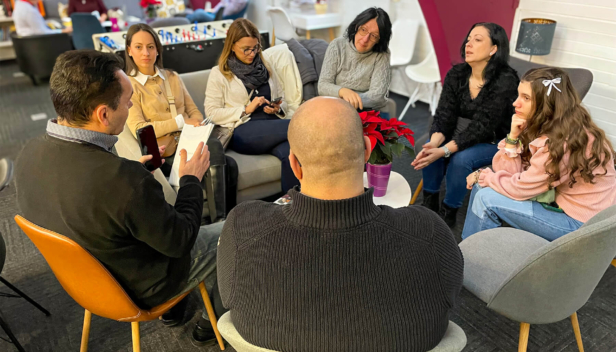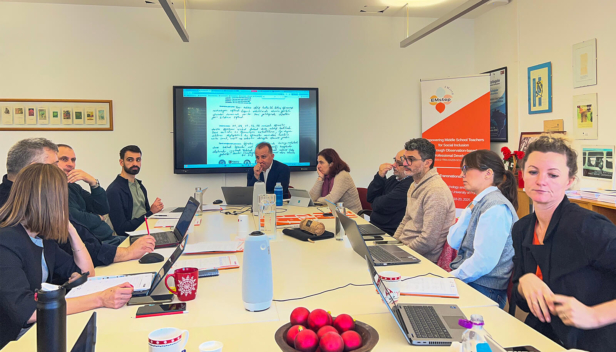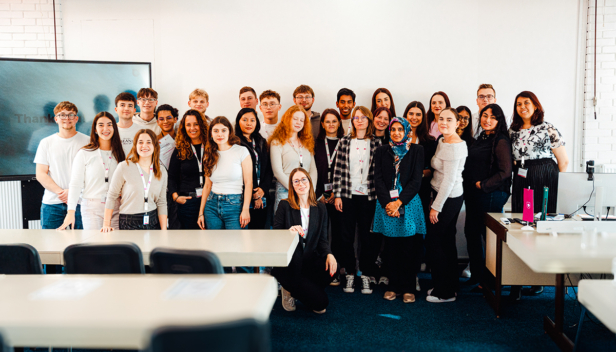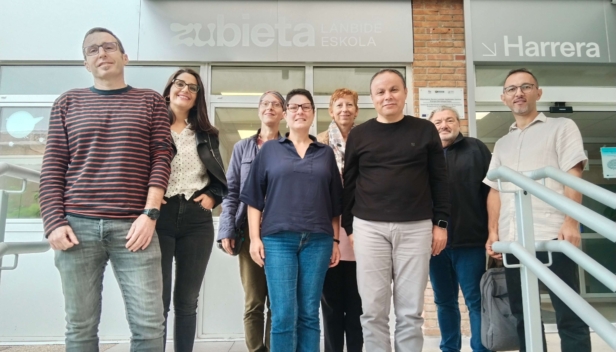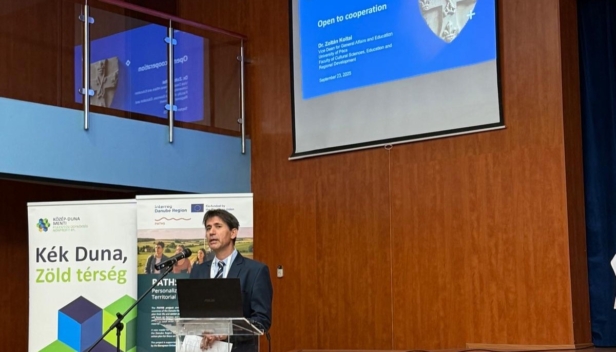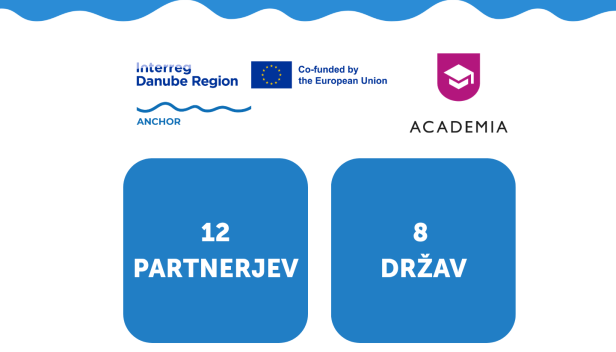Digital Skills 4 All – International partners meeting in Huelva, Spain
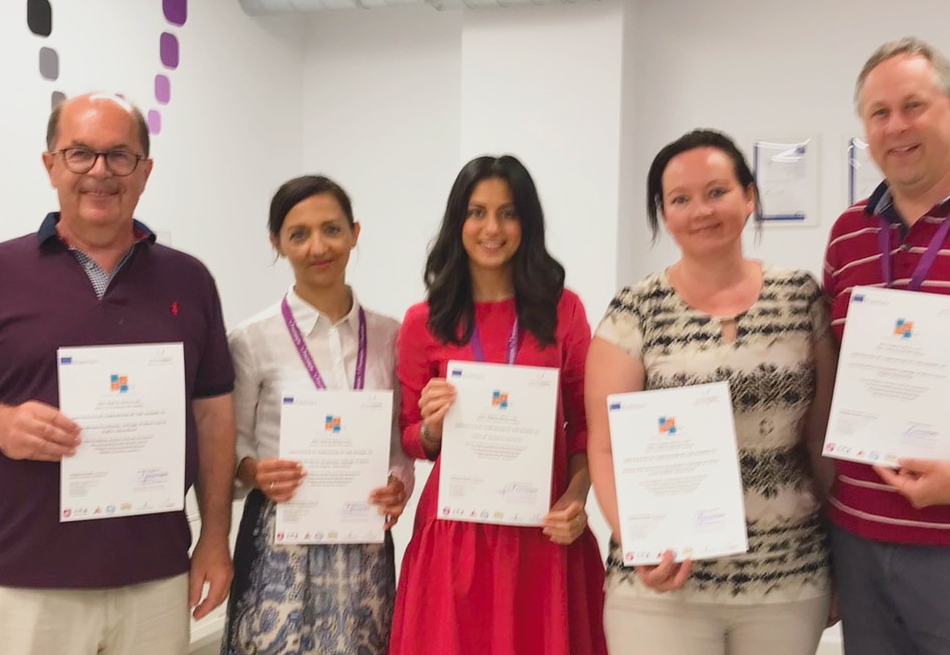
From 30 May to 3 June, the 5-day Digital Skills Training Day “Flipped Classroom Methodology” took place in Huelva, a city in the south-west of Spain, as part of the international Erasmus+ project Digital Skills 4 All (DS4ALL). The training was attended by project partners from Spain, Italy, Romania, Croatia, and Academia from Slovenia, represented by lecturers Jagoda Đorđevič, Dušan Mežnar and Jože Ravničan.
The Erasmus+ Digital Skills 4 All project provides VET staff with new strategies for increasingly effective and inclusive teaching that can take advantage of the benefits offered by new technologies. The “DS4All” project is now in its second year of development and has so far hosted round-table exchanges in the partner countries with the aim of testing innovative teaching methodologies integrated with digital tools. The key guideline of the project is to create didactic programming that can transform distance learning into an agile and effortless learning experience, without giving up its important educational mission.
The 5-day training “Flipped Classroom Methodology” started at the Inercia Centre for Digital Training and Innovation and was divided into 5 key chapters, which were followed during the following days of the training under the mentorship of Isabela Gonzalez Contreras.
On the first day of the training, the partners learned about the guidelines for the learning process over the next 5 days, the aim of the training, the concept and purpose of the flipped classroom and how to integrate it into the Moodle platform.
On the second and third day, the focus was on the steps of creating a flipped classroom and what flipped classroom models are known. The tools and resources that are essential for developing and designing a flipped classroom model were presented.
On the fourth and fifth days, the partners presented simulations of a flipped classroom and how the lecturer-learner interaction takes place in the practical part of the training. Each simulation was followed by questions and suggestions for improvement.
At the end of the fifth and final day, a refresher of the whole training was given, followed by feedback on the methods and impact of the flipped classroom, and partners presented their experiences.
The objectives of the training were to understand the components of the flipped classroom, how to successfully create “lectures” with different media methods, and the use of digital tools to enhance instruction. In the practical part of the training, the partners also learned how to manage students at the group and individual levels and how to motivate students to learn with the help of various ICTs.


